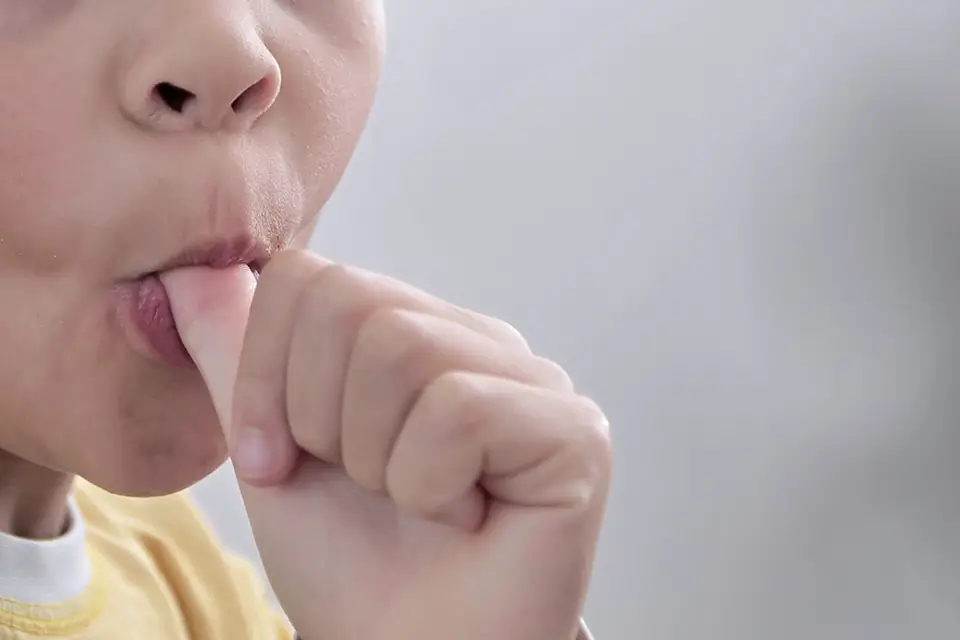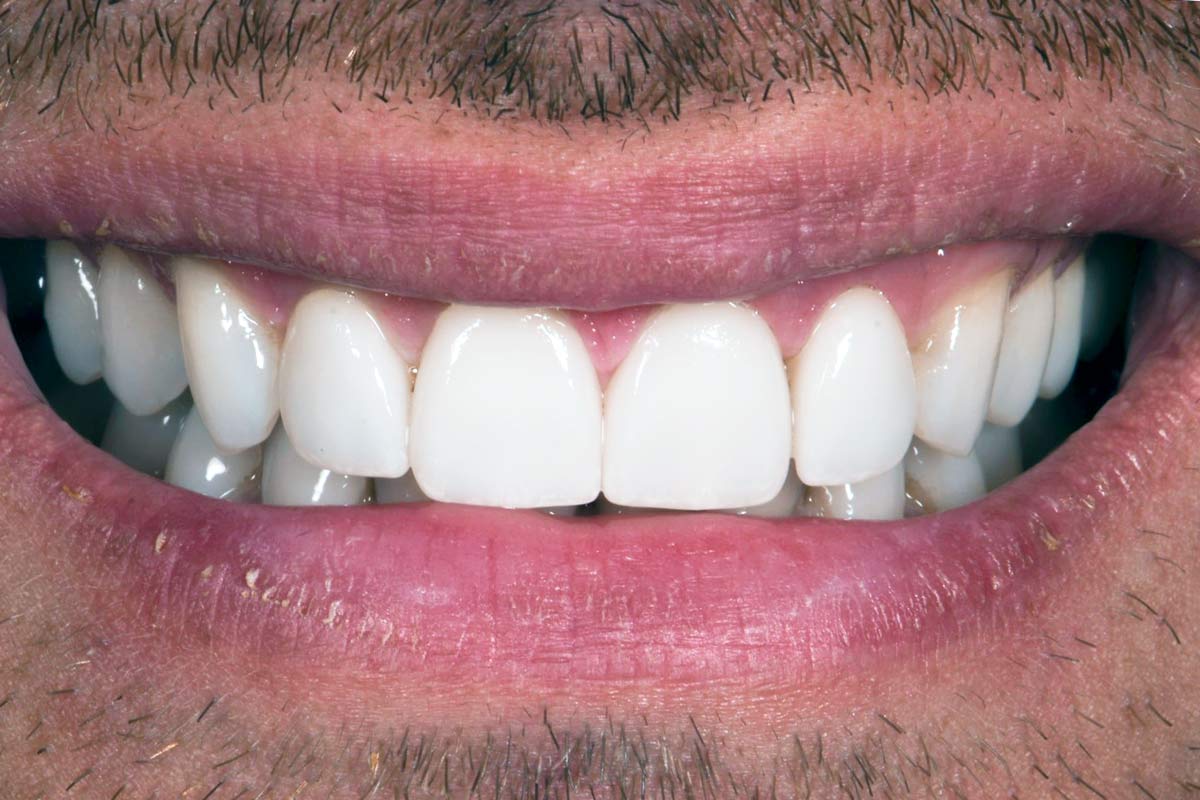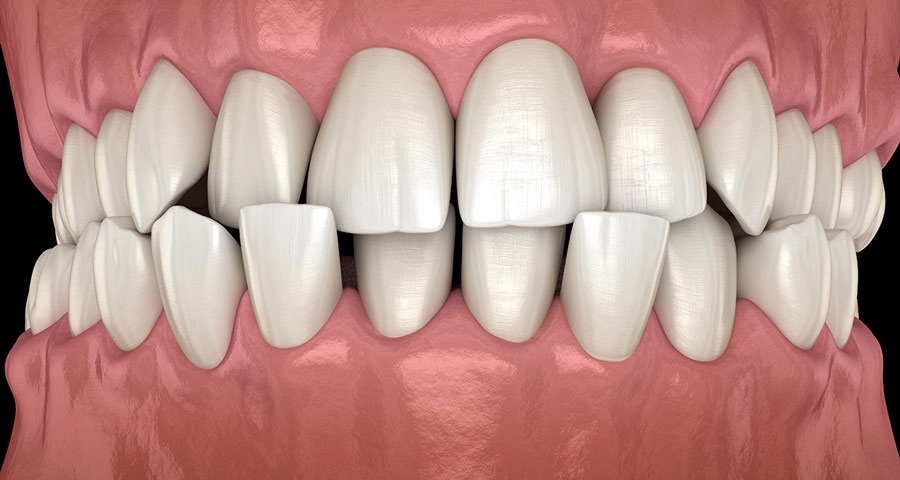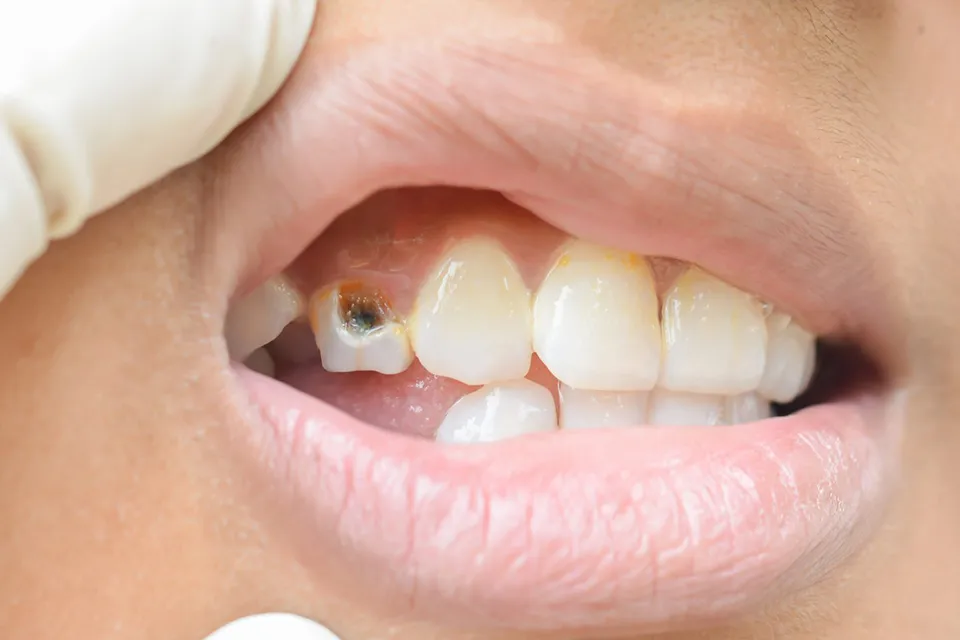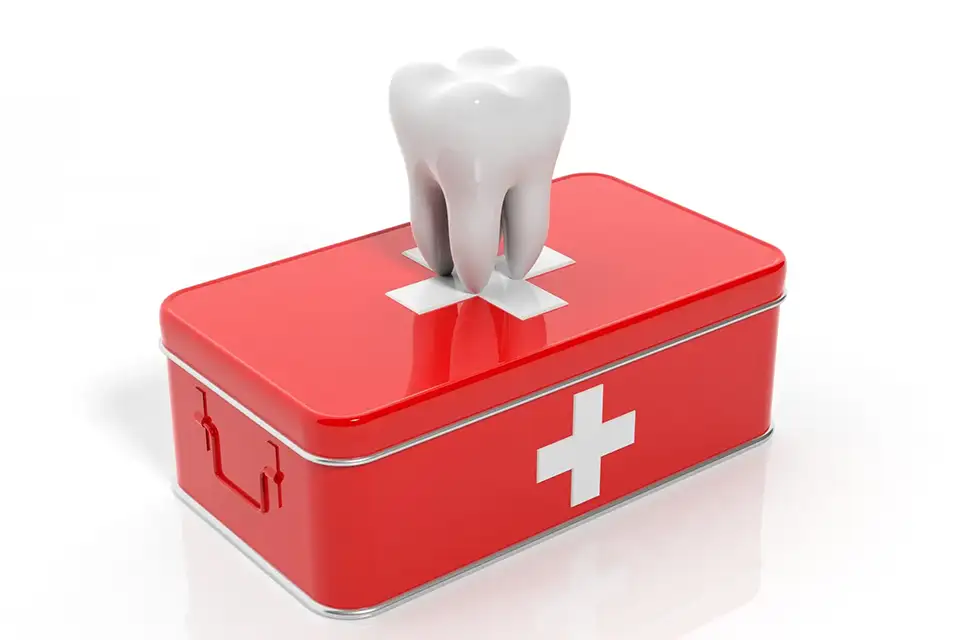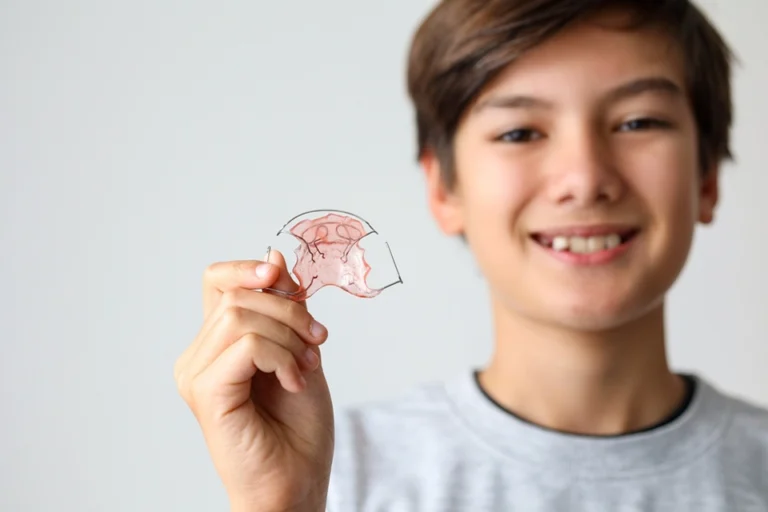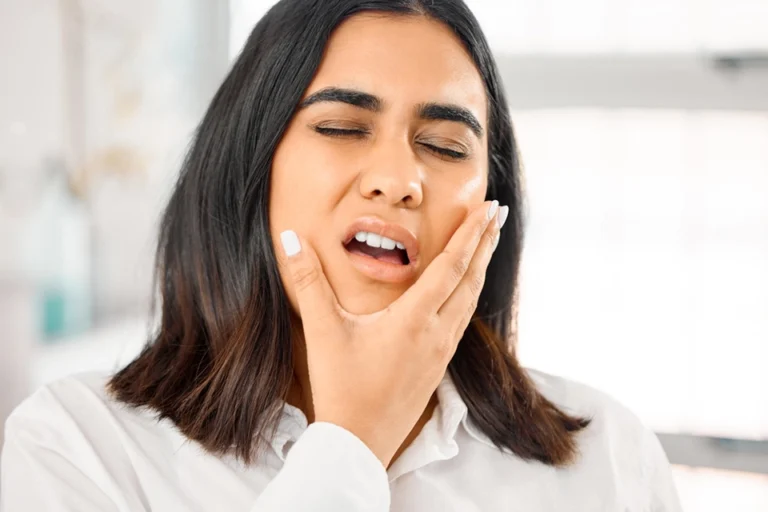Experiencing extreme tooth pain that keeps you up at night can be debilitating and frustrating. We understand the immense discomfort this can cause. At Zara Dental in Houston, Texas, we recognize the importance of addressing this issue immediately. Furthermore, in this blog post, we will look at the causes, symptoms, and effects of severe tooth pain, as well as home remedies and treatment options to help you get some relief and sleep better.
Causes of Extreme Tooth Pain at Night
A variety of causes can contribute to extreme tooth pain at night, including:
- Tooth Decay: Cavities can cause severe discomfort, especially when reaching the tooth’s inner layers. Additionally, the decay process involves the erosion of dental enamel, which exposes the dentin and nerve endings, resulting in increased sensitivity and discomfort.
- Gum Disease: Gum infections, such as gingivitis or periodontitis, can cause intense nighttime pain. Bacterial accumulation causes inflammation, gum tissue recession, and pain.
- Tooth Abscess: An abscessed tooth is an infection that forms a pus pocket within the tooth or gums, causing severe, throbbing pain. Moreover, this issue necessitates immediate dental treatment to prevent infection spread.
- Bruxism: Grinding your teeth at night can wear down enamel and cause pain. This condition can cause tooth sensitivity, jaw pain, and also headaches, all exacerbating sleep difficulties.
- Tooth Fracture: A cracked or broken tooth can be excruciatingly painful, especially while lying down. In addition, fractures can expose the tooth’s inner layers, increasing its susceptibility to infection and pain.
Symptoms of Extreme Tooth Pain
Identifying the symptoms of severe tooth pain will help you understand the severity of your problem. Some of the most common symptoms are:
- Sharp, throbbing, or persistent pain.
- Swelling around the tooth or gums
- Sensitivity to hot or cold temperatures
- Pain when chewing or biting
- Red, swollen, or bleeding gums
- Fever and chills in cases of infection
- Bad breath or a foul taste in the mouth
Effects of Tooth Pain on Sleep
Toothache can have a substantial impact on your sleep quality. Moreover, the discomfort may make it difficult to fall asleep and stay asleep, resulting in:
- Insomnia: Persistent pain can keep you from falling asleep, resulting in a lack of restorative sleep.
- Increased Stress and Anxiety: Chronic pain can cause stress and anxiety, making it difficult to relax and also sleep.
- Daytime Fatigue: Poor sleep quality can cause daytime fatigue, impacting productivity and overall well-being.
- Decreased Cognitive Function: Lack of sleep can impair your cognitive abilities, making it difficult to concentrate and make decisions.
- Mood Swings and Irritability: Chronic pain and sleep deprivation can cause mood swings and increased irritability, which can impair your interactions with others.
Home Remedies for Tooth Pain
While seeing a dentist is necessary for severe tooth pain, several home remedies can provide temporary relief. These remedies and the professional treatments we offer can significantly alleviate your discomfort and help you sleep better.
- Over-the-counter Pain Relievers: Ibuprofen and acetaminophen can help relieve pain and inflammation. Follow the recommended dosage and consult a healthcare provider if you have any medical conditions or are taking other medications.
- Cold Compress: Applying a cold compress to the affected area might alleviate discomfort and swelling. Use an ice pack wrapped in a cloth and apply it to the outside of your cheek for 15-20 minutes.
- Saltwater Rinse: Gargling with warm salt water can help cleanse and relieve irritation. Rinse your mouth thoroughly with a glass of warm water and half a teaspoon of salt.
- Clove Oil: Clove oil’s natural analgesic properties can temporarily relieve pain by being dipped in a cotton ball and applied to the painful area.
- Hydrogen Peroxide Rinse: Mixing hydrogen peroxide with water and using it as a mouth rinse will help destroy bacteria and alleviate pain. Make sure not to swallow the solution, then rinse your mouth with water.
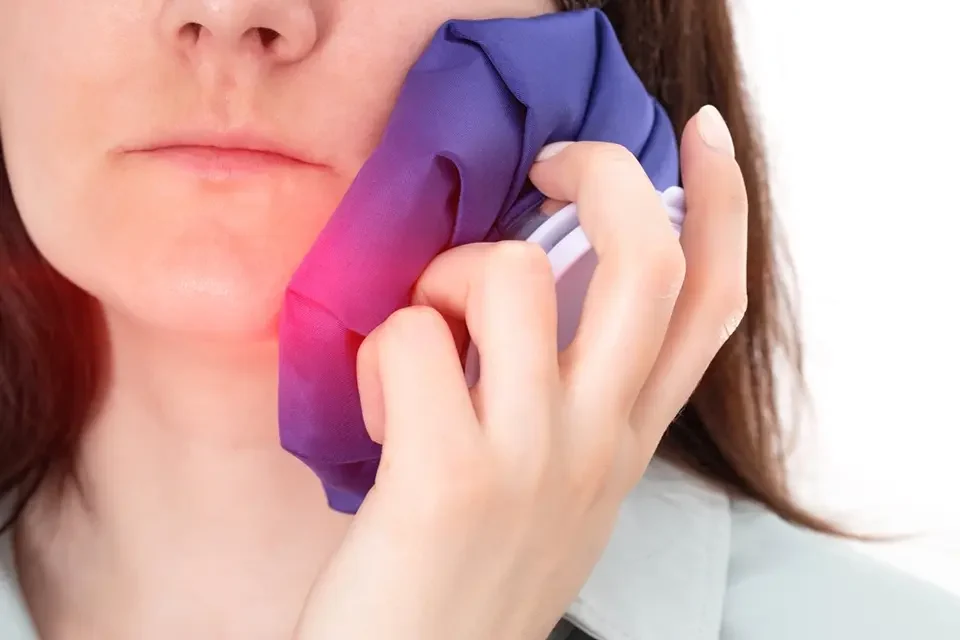
When to Contact a Dentist
You should see a dentist if you are experiencing extreme tooth pain that you cannot manage at home. Seek dental care right away if you have:
- Severe, unrelenting pain
- Swelling in your face or jaw
- Fever or signs of infection
- Difficulty swallowing or breathing
- Persistent bad breath or a foul taste in your mouth
- Visible signs of damage or decay in your teeth
Treatment Options for Extreme Tooth Pain
At Zara Dental, we’re committed to effectively relieving extreme tooth pain. Moreover, our comprehensive range of treatment options is designed to address the root cause of your pain and restore your oral health.
- Dental Fillings: They are used to treat cavities and prevent further decay. Additionally, this standard procedure entails removing the decayed tooth and filling it with a durable material to restore its structure and function.
- Root Canal Therapy: A procedure to treat infected or damaged pulp inside the tooth. This approach entails removing damaged tissue, cleaning the root canals, and sealing them to avoid further infection.
- Tooth extraction: This procedure is performed when infected or severely damaged teeth are irreparable. Moreover, the treatment involves removing the affected tooth to alleviate pain and prevent the spread of infection.
- Gum Disease Treatment: This treatment addresses gum infection and inflammation. Treatment options include scaling and root planing (deep cleaning), antibiotics, and, in severe cases, surgical intervention.
- Night Guards: Dentists recommend them for patients who grind their teeth during the night. Custom-fitted night guards can protect teeth from further damage and alleviate the pain caused by bruxism.
How to Get to Sleep with Toothache
If tooth discomfort is keeping you awake, consider these strategies to help you sleep better:
- Elevate Your Head: Keeping your head elevated can reduce blood flow to the affected area, alleviating pain. Use an extra pillow to prop yourself up while sleeping.
- Avoid Certain Foods: Avoid sugary, acidic, or hard foods, as these can increase the pain. Additionally, stick to soft foods and avoid hot or cold beverages that can trigger sensitivity.
- Maintain Oral Hygiene: Gently brush and floss to keep your mouth clean and reduce bacteria. To prevent further irritation, use a soft-bristled toothbrush and avoid aggressive brushing.
- Use a Mouthguard: If you grind your teeth, it can help protect them while reducing pain. Consult your dentist about receiving a custom-fitted mouthguard for maximum comfort and protection.
Frequently Asked Questions (FAQs)
Why Does Tooth Pain Get Worse at Night?
Tooth pain often worsens at night due to increased blood flow to the head, which can intensify pain and pressure in the affected area.
Can Tooth Pain Go Away on Its Own?
Tooth pain usually indicates an underlying issue that requires treatment. It is unlikely to go away independently and should be evaluated by a dentist.
How Can I Prevent Tooth Pain at Night?
To prevent tooth pain, maintain good oral hygiene, avoid grinding your teeth, and visit your dentist regularly for check-ups and cleanings.
At Zara Dental in Houston, Texas, we are committed to helping you find relief from severe dental pain so you can sleep peacefully. Furthermore, if you’re struggling with tooth pain that disrupts your sleep, don’t hesitate to contact us for an appointment. Our team is here to provide the care and treatment required to restore your dental health and improve your overall well-being.

